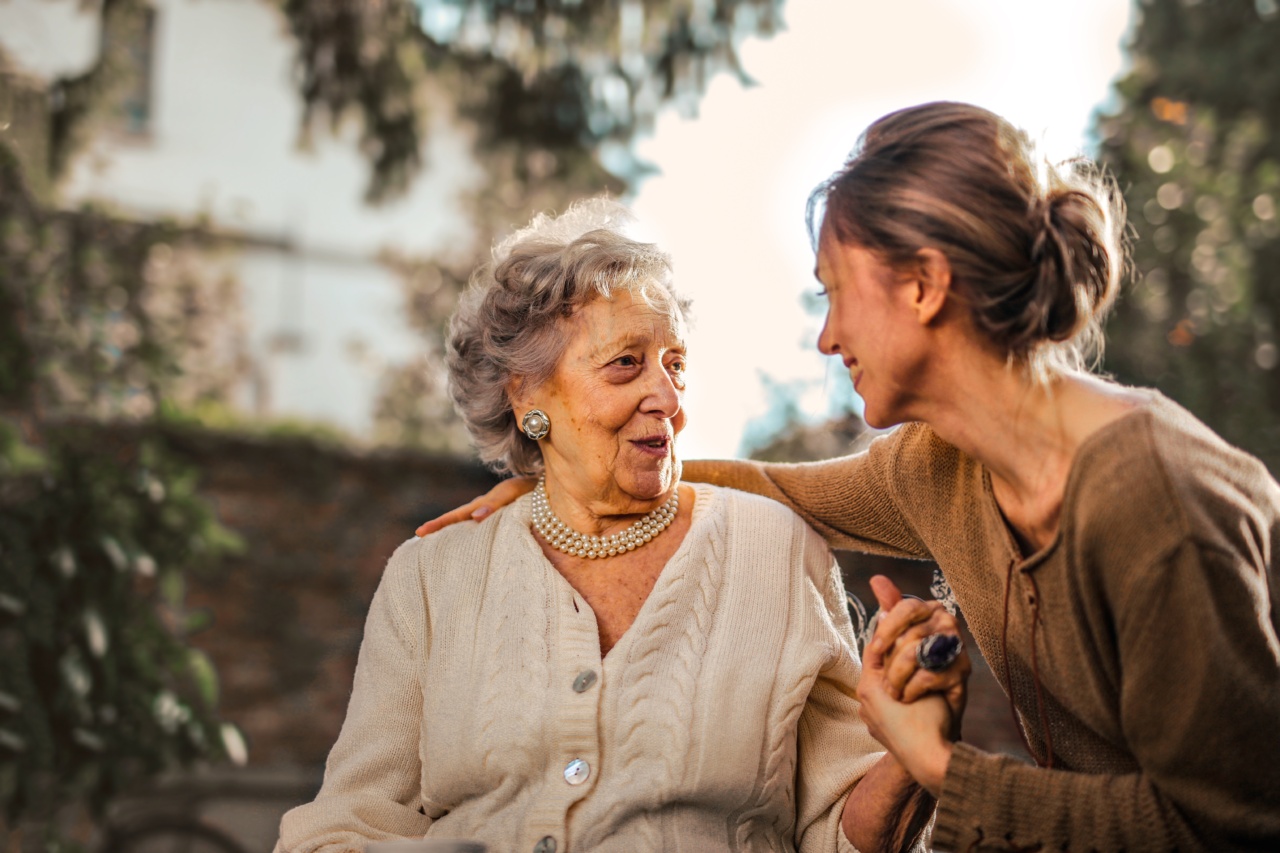As we age, wrinkles, grey hair, and other signs of aging become more prominent. However, some people experience premature aging, which can affect how they are perceived by others.
In this article, we will explore the impact of premature aging on the perception of age and what can be done to prevent or reduce the signs of aging.
What is Premature Aging?
Premature aging is the process of aging at a faster rate than the normal aging process. People who experience premature aging may see signs of aging such as wrinkles, fine lines, and age spots at a younger age than expected.
This can be caused by a variety of factors including genetics, sun exposure, lifestyle choices such as smoking or poor diet, stress, and environmental toxins such as pollution.
How Does Premature Aging Affect Perception of Age?
People who experience premature aging may be perceived as older than they actually are. This is because the signs of aging can make a person appear physically older, even if they are still relatively young.
For example, someone in their 30s who experiences premature aging may look like they are in their 40s or 50s. This can impact how they are viewed by others, including potential employers, romantic partners, and even friends and family members.
Why Does Perception of Age Matter?
Perception of age can impact a person’s quality of life in a variety of ways. For example, someone who is perceived as older than they actually are may experience age discrimination when applying for jobs or in other areas of their life.
They may also face stereotypes and negative attitudes from others based on their perceived age. Perception of age can also impact a person’s self-esteem and confidence, which can have a ripple effect on their relationships and overall emotional well-being.
How Can Premature Aging be Prevented and Reduced?
There are several steps that can be taken to prevent or reduce the signs of premature aging.
These include:
Eating a Healthy Diet
Eating a diet rich in whole foods, fruits and vegetables, healthy fats, and lean protein can provide the body with the nutrients it needs to maintain healthy skin. Foods that are high in sugar and processed foods can cause inflammation and damage to the skin, which can contribute to premature aging.
Limiting Sun Exposure
Sun exposure is a major contributor to premature aging. Protecting the skin from the sun’s harmful rays can help prevent wrinkles, age spots, and other signs of aging.
This can be done by wearing protective clothing such as hats and long-sleeved shirts, using sunscreen, and avoiding prolonged exposure to the sun during peak hours.
Managing Stress
Stress can contribute to premature aging by increasing inflammation in the body, which can damage the skin. Finding ways to manage stress, such as through meditation, exercise, or therapy, can help reduce the signs of premature aging.
Using Skincare Products
Using skincare products such as moisturizers, serums, and creams can help reduce the signs of premature aging. Look for products that contain antioxidants, which can help protect the skin from damage caused by free radicals.
Retinoids, which are derived from vitamin A, can also help reduce the appearance of fine lines and wrinkles.
Conclusion
Premature aging can impact how a person is perceived by others and can have a negative impact on their quality of life.
However, there are steps that can be taken to prevent or reduce the signs of premature aging, including eating a healthy diet, limiting sun exposure, managing stress, and using skincare products. By taking these steps, it may be possible to maintain a more youthful appearance and improve overall well-being.




























